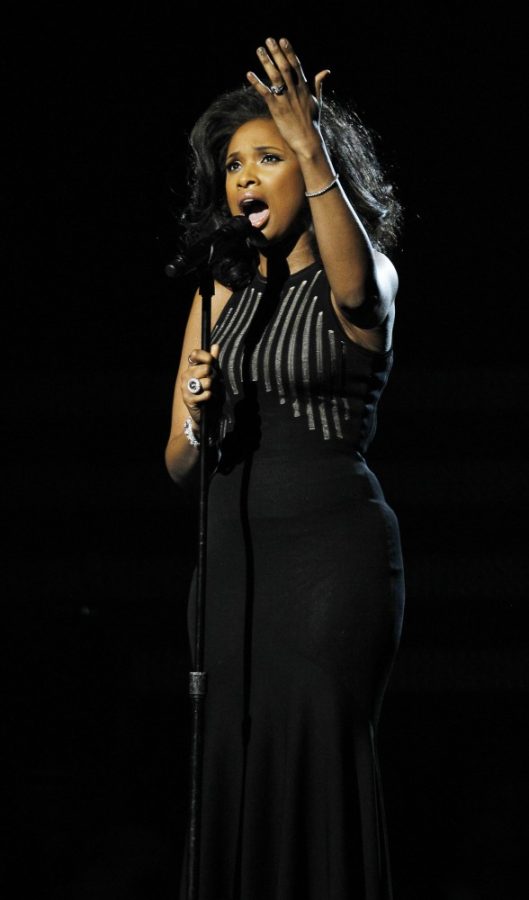CHICAGO — Stepping off the elevator in stiletto boots and a black skirt, Jennifer Hudson draws a few sideways glances as she walks with her entourage to a Cook County courtroom where her former brother-in-law is standing trial in the killings of her mother, brother and nephew.
Not a single onlooker, however, says a word or tries to approach her. No one even offers a sympathetic smile.
Hudson’s protective bubble remains unpierced inside the courtroom, where only three members of the public have waited in line that day to watch the proceedings. She takes a seat in the fourth row and bows her head.
In a courthouse known for its grittiness and occasional lack of decorum, Hudson is given rare deference. People have largely left her alone during the first week of the high-profile trial, going so far as to stay out of the courtroom on most days and resisting the urge to snap pictures of her with their cellphones.
Even two groups of star-struck high school girls who attended Friday’s proceedings kept their distance.
County employees had worried about a more chaotic scene with a media frenzy and public fawning greater than even those shown at the trials of former Illinois Gov. Rod Blagojevich or singer R. Kelly.
Those concerns, however, have not yet materialized thanks to Hudson’s intentionally low profile, the judge’s strict courtroom rules and the public’s apparent willingness to give Hudson some space.
“I wouldn’t bother her,” said Channelle Jones, who saw Hudson while she waited for a friend’s case to be called in another courtroom. “The girl has been through enough. She doesn’t need people all in her face.”
Jones is one of the few people who have seen Hudson outside the courtroom. Except for the brief moments when she walks from the elevators to a secluded waiting area each day, the Academy Award-winning actress does not mix with the general public.
Prosecutors planned it like this to keep their most famous — and most sympathetic — witness away from the spotlight during the proceedings. They have gone to extraordinary lengths to protect her, including driving her to the courthouse each morning and allowing her to enter through a back door.
Hudson rides a private elevator to the fifth floor each morning, then waits in a small conference room adjacent to the courtroom for testimony to begin. At the midday break, she returns to the same conference room, where she eats a lunch brought in by someone in her entourage. If she needs a bathroom break, security guards clear the restroom so she can have some privacy.
She does not enter or exit through the courthouse lobby each day like Blagojevich or Kelly did in their trials, preventing daily photographs or videos of her. No mainstream media have snapped a photo of Hudson at the courthouse, though not for lack of trying. Photographers staked out alternative entrances to the courthouse on the first day of testimony, and one news agency put a deer stand on the street outside, hoping to get a shot of her coming in through the back door.
“Is the state taking extreme measures to protect her? I think I would do the same thing if I was a prosecutor in this case,” says Terry Sullivan, a former Cook County assistant state’s attorney who is as the judge’s media liaison during the trial. “That’s the difference between a celebrity defendant and a celebrity who is a victim.”









